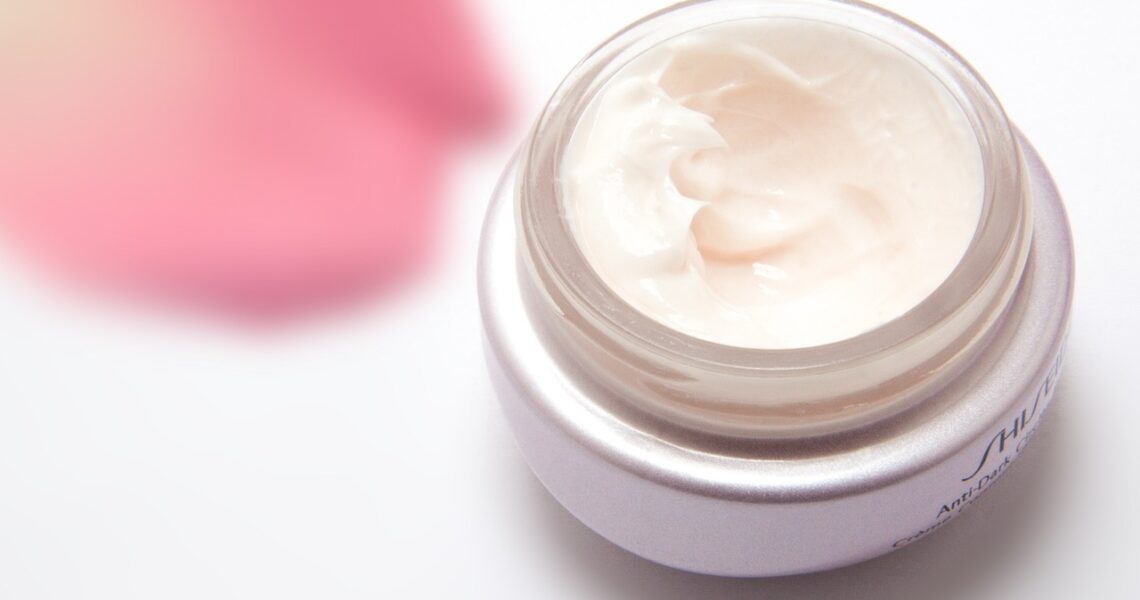The Role of Peptides in Muscle Growth and Recovery
Peptides have gained significant attention in the fitness and bodybuilding communities for their potential benefits in muscle growth and recovery. These short chains of amino acids serve as building blocks for proteins and play a pivotal role in various physiological processes. This article explores how Collagen-boosting peptides contribute to muscle development and recovery, supported by scientific research and practical examples.
Understanding Peptides
Peptides are composed of two or more amino acids linked by peptide bonds. They are smaller than proteins and can easily penetrate the skin and intestines, making them effective in various therapeutic applications. In the context of muscle growth, peptides can stimulate the release of growth hormones, enhance protein synthesis, and improve muscle repair.
Types of Peptides
- Growth Hormone Releasing Peptides (GHRPs): These stimulate the pituitary gland to release growth hormone, which is crucial for muscle growth and repair.
- Insulin-like Growth Factor-1 (IGF-1): This peptide promotes muscle cell growth and differentiation, enhancing muscle mass.
- Collagen Peptides: Known for improving joint health, they also support muscle recovery by reducing inflammation.
Peptides and Muscle Growth
Muscle growth, or hypertrophy, occurs when muscle fibers increase in size. Peptides contribute to this process by enhancing protein synthesis and promoting the release of anabolic hormones.
Mechanisms of Action
Peptides like GHRPs and IGF-1 stimulate the production of growth hormone, which in turn increases protein synthesis. This leads to the development of new muscle fibers and the enlargement of existing ones. Additionally, peptides can enhance nutrient uptake by muscle cells, providing the necessary building blocks for growth.
Case Study: IGF-1 and Muscle Hypertrophy
A study published in the “Journal of Applied Physiology” examined the effects of IGF-1 on muscle hypertrophy in resistance-trained individuals. Participants who received IGF-1 supplementation showed a significant increase in muscle mass compared to the control group. This highlights the potential of peptides in enhancing muscle growth.
Peptides and Muscle Recovery
Recovery is a critical aspect of any training regimen. Peptides can accelerate recovery by reducing inflammation, promoting tissue repair, and enhancing the body’s natural healing processes.
Reducing Inflammation
Inflammation is a natural response to muscle damage caused by intense exercise. Peptides like collagen peptides have anti-inflammatory properties that can help reduce muscle soreness and speed up recovery.
Enhancing Tissue Repair
Peptides can stimulate the production of collagen, a protein that plays a key role in repairing damaged tissues. This is particularly beneficial for athletes who experience frequent muscle strains and injuries.
Case Study: BPC-157 and Injury Recovery
BPC-157, a peptide known for its regenerative properties, has been studied for its effects on muscle injuries. Research published in the “Journal of Orthopaedic Research” demonstrated that BPC-157 accelerated the healing of muscle tears in animal models, suggesting its potential for human applications.
Safety and Considerations
While peptides offer promising benefits, their use should be approached with caution. It’s important to source peptides from reputable suppliers and consult with healthcare professionals before starting any peptide regimen. Potential side effects may include water retention, joint pain, and increased appetite.
Regulatory Status
The regulatory status of peptides varies by country. In some regions, certain peptides are classified as research chemicals and are not approved for human use. Athletes should be aware of the regulations in their respective countries to avoid potential legal issues.
Conclusion
Peptides hold significant promise in enhancing muscle growth and recovery. By stimulating growth hormone release, promoting protein synthesis, and aiding in tissue repair, they offer a multifaceted approach to improving athletic performance. While the benefits are compelling, responsible use and adherence to regulatory guidelines are paramount. As research continues to evolve, peptides may become an integral part of muscle-building and recovery strategies.
